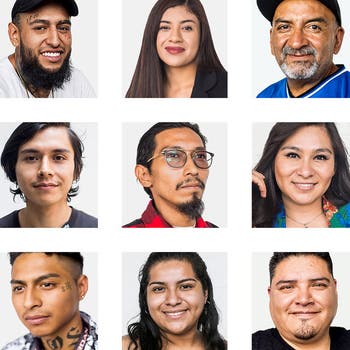Over the past decade, more than a million undocumented immigrants from Mexico returned to a country many have never known. The majority of them lived in the United States for the better part of their lives.
Immigration is an issue close to my heart, and the last few years have weighed heavily on me. I fret over the families languishing in camps across the border, or in detention within our states; the Dreamers whose futures remain unsettled; the children who are still separated from their mothers and fathers. How many childhoods have our policies interrupted and damaged?
Immigrants are too often reduced to a statistic and used as political capital by politicians. What happens when a person has deported rarely figures into the conversation. This morning, Anita Isaacs and Anne Preston paint a fuller picture of the far-reaching effects of deportation and the anti-immigrant policies of the past few years.
They interviewed 430 former U.S. immigrants living in Mexico City between 2018 and 2019. The majority were brought to the United States as young children by their parents, as I was. Along the way they got an education and learned to speak English. Some even opened businesses, chasing the increasingly elusive American dream.
But many “struggled to find their footing amid the constant fear of being detained and deported,” Isaacs and Preston write. Some were deported, but others left because they no longer saw a future for an undocumented person in this country.
Things aren’t any easier in Mexico, where those who return “face a different kind of stigmatization.” Left to rebuild their lives in a place that’s foreign to them, they struggle to get drivers’ licenses, find jobs and even speak the language.
A majority of the people Isaacs and Preston interviewed would have stood to benefit from President Biden’s proposed plan. It remains to be seen whether he will make good on the comprehensive reform our country so desperately needs. As one man who spoke about his experience for the story says, “You don’t have to let us back, but just figure out another way to do things.”

